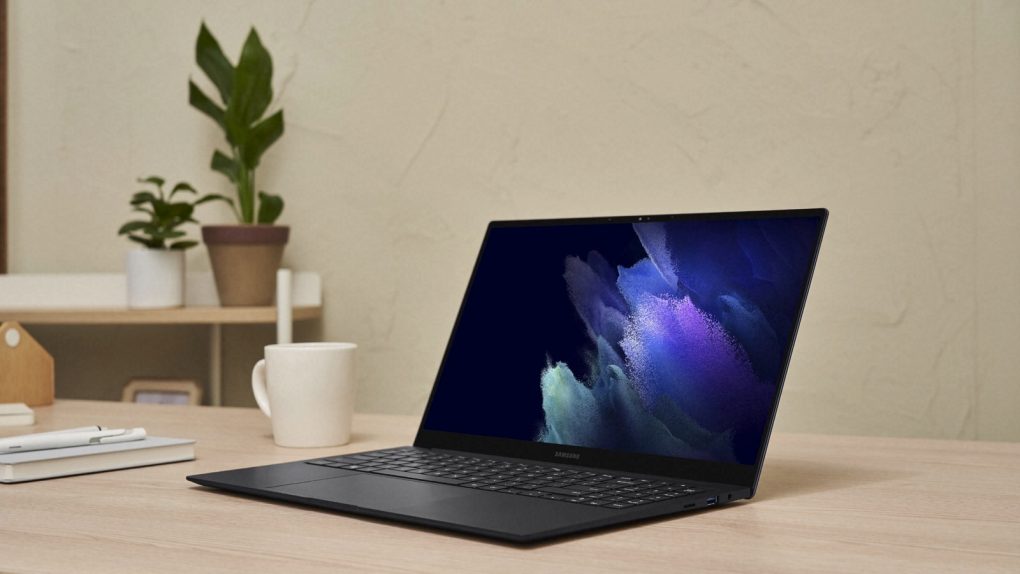Samsung teased its new OLED screens for laptops early in January, revealing the components it will equip various notebooks with this year. It took Samsung a few extra months to launch the new Galaxy Book Pro laptops and 2-in-1s that come with built-in OLED screens. We’ve seen laptops with OLED screens before, but Samsung is looking to make this feature go mainstream.
OLED displays can be an expensive upgrade, but a warranted one. They offer better performance than LED screens, whether they’re used in TVs, smartphones, or laptops. But it’s not just the screen performance that gets a significant boost from OLED tech. Samsung has another excellent reason for buyers to consider OLED laptops: Battery life.
The difference between OLED and LED is that the former do not consume energy to display black. We’ve seen comparisons that showed OLED displays can improve battery life on smartphones, especially if dark mode is employed. Samsung has performed a similar comparison between OLED and LCD laptops, finding that Samsung OLED laptops can save up to 25% more display energy when used in dark mode.
Samsung tested its notebooks using the MobileMark 2018 test, finding that OLED laptops lasted 11 hours in dark mode compared to 9.9 hours in light mode. That’s an extra hour of battery use, which could prove to be life-saving in specific scenarios where a charger isn’t available.
However, the pandemic still forces many people to work from home, so charging a laptop isn’t a problem. Also, most modern laptops have decent battery life as it is, so using dark mode to stretch it out isn’t a must-have feature. You would also have to use the laptop in dark mode at all times to benefit from the maximum power savings.
But the fact that OLED screens can be more efficient than LCDs is still an excellent side effect. The main reasons to choose OLED screens over LED concern the image quality. OLED supports better brightness, better blacks, and better contrast ratio than LCD screens.
Samsung does say in its announcement that more companies are implementing dark mode in their laptops, including key players in the industry — Apple, Microsoft, and Google:
In addition to Samsung Electronics, which on Wednesday unveiled its new Galaxy Book Pro and Galaxy Book Pro 360 laptops that automatically turn on dark mode in Windows setting, global companies including Apple, Microsoft, Google and Adobe are rushing to implement dark mode in their products.
This seems to imply that companies like Apple and Microsoft might use OLED screens in future notebooks, but Samsung doesn’t go as far as to say that. Apple has been rumored to bring mini-LED and OLED screens to its laptops in the coming years.
Interestingly enough, Samsung made no mention of battery life improvements related to dark mode use on OLED laptops in its Galaxy Book Pro announcement last week.
Samsung also said that it will expand its OLED lineup for laptops to more than 10 products, supporting screen sizes from 13.3-inch to 16-inch.








